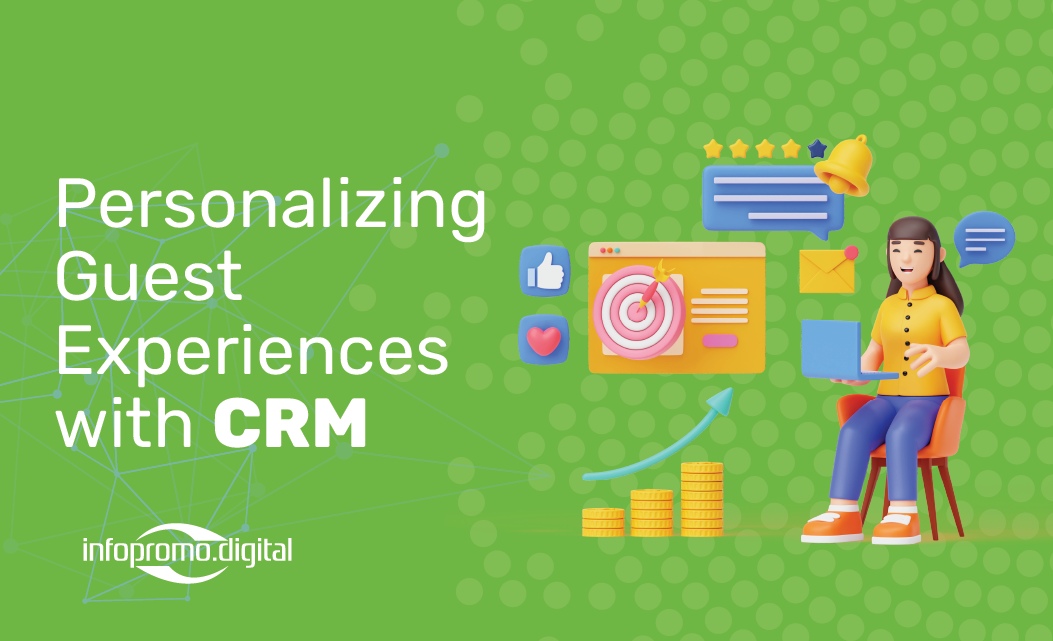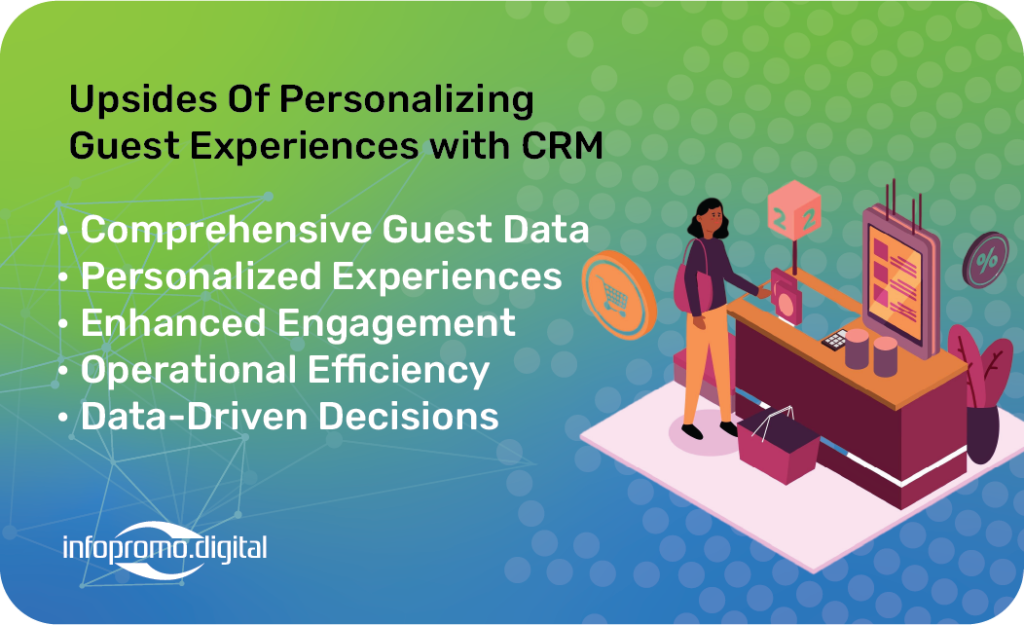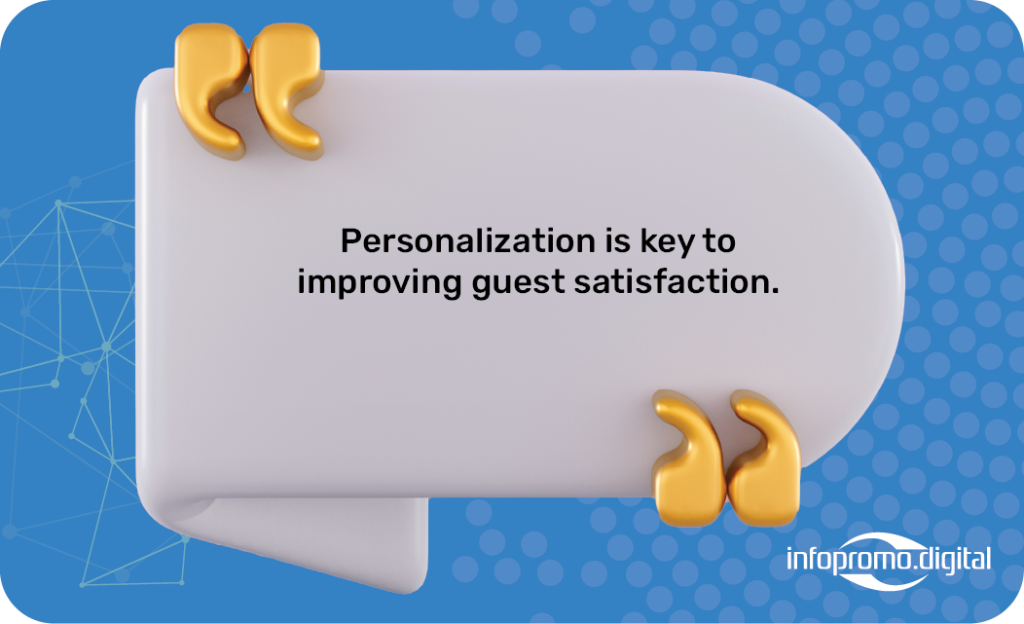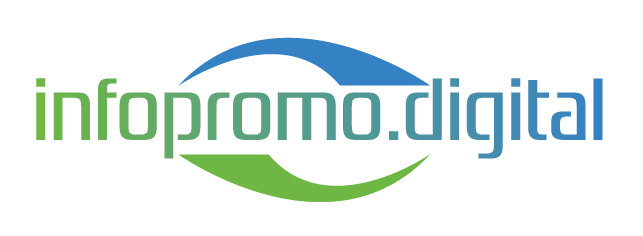
In the hospitality industry, creating memorable guest experiences is key to building loyalty and driving repeat business. Customer Relationship Management (CRM) tools play a crucial role in this process by gathering and analyzing guest data to deliver personalized services. This blog explores how CRM tools can help hotels and other hospitality businesses enhance guest satisfaction and create tailored experiences that stand out.

Understanding CRM Tools CRM tools are designed to manage a company’s interactions with current and potential customers. These systems collect data from various touchpoints, such as bookings, social media, and customer feedback, to provide a comprehensive view of each guest. By leveraging this data, businesses can gain insights into guest preferences, behaviors, and needs, enabling them to tailor their services accordingly.
Gathering Guest Data One of the primary functions of CRM systems is to gather and organize guest data. This includes basic information such as contact details and booking history, as well as more detailed insights like guest preferences, special requests, and feedback. By having access to this data, hospitality businesses can anticipate guest needs and provide personalized services that enhance the overall experience.
Delivering Personalized Services Personalization is key to improving guest satisfaction. With CRM tools, businesses can create personalized experiences by customizing communications, offers, and services based on individual guest profiles. For example, a hotel can send a welcome email with personalized recommendations for local attractions based on the guest’s interests, or provide special amenities tailored to their preferences. These personalized touches make guests feel valued and appreciated, leading to higher satisfaction and loyalty.
Improving Guest Engagement CRM tools also help improve guest engagement by enabling more effective communication. Automated emails and messages can be tailored to each guest’s preferences and behaviors, ensuring that the right message reaches the right person at the right time. For instance, a hotel can send a follow-up survey after check-out to gather feedback and identify areas for improvement. By actively engaging with guests, businesses can build stronger relationships and foster loyalty.

Enhancing Operational Efficiency In addition to improving guest experiences, CRM tools can enhance operational efficiency. By automating routine tasks such as data entry and communication, CRM systems free up staff to focus on more strategic activities. This not only improves productivity but also ensures that guests receive timely and consistent service. Moreover, the insights gained from CRM data can help businesses optimize their operations and make data-driven decisions.
Conclusion Incorporating CRM tools into hospitality operations offers numerous benefits, from gathering valuable guest data and delivering personalized services to improving engagement and enhancing operational efficiency. By leveraging these tools, hospitality businesses can create memorable guest experiences that drive satisfaction and loyalty. Embrace the power of CRM to elevate your guest experience and stand out in the competitive hospitality market.




